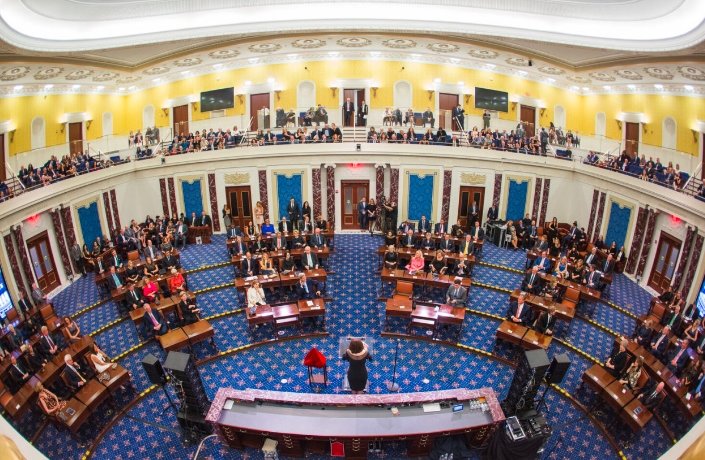As the 2024 elections approach, potential candidates are gearing up for what promises to be a challenging campaign season. With the political landscape more polarized than ever, candidates from both major parties are facing significant hurdles. From fundraising difficulties to navigating a divided electorate, the road to victory is fraught with obstacles. This article explores the various challenges that potential candidates must overcome to succeed in the upcoming elections.
Fundraising Challenges
One of the primary challenges for potential candidates is raising sufficient funds to support their campaigns. In recent years, the cost of running for office has skyrocketed, making it increasingly difficult for candidates to secure the necessary financial backing. This is particularly true for newcomers who lack the established donor networks of incumbents.
Candidates must spend a significant amount of time and effort on fundraising activities. This includes hosting events, reaching out to potential donors, and leveraging social media platforms to solicit contributions. Despite these efforts, many candidates struggle to meet their fundraising goals, which can limit their ability to compete effectively.

The reliance on large donations from wealthy individuals and special interest groups also raises concerns about the influence of money in politics. Candidates who are unable to attract substantial financial support may find themselves at a disadvantage, unable to afford the advertising and outreach necessary to reach voters.
Navigating a Divided Electorate
Another major challenge for potential candidates is navigating a deeply divided electorate. The political climate in the United States has become increasingly polarized, with voters often entrenched in their ideological positions. This polarization makes it difficult for candidates to appeal to a broad base of voters.
Candidates must carefully craft their messages to resonate with their target audiences. This often involves striking a balance between appealing to their party’s base and reaching out to undecided or swing voters. However, this can be a delicate balancing act, as taking a strong stance on certain issues may alienate some voters while attracting others.
The rise of social media has also amplified the challenges of navigating a divided electorate. Candidates must contend with the rapid spread of misinformation and the potential for online backlash. This requires a strategic approach to communication and a keen awareness of the digital landscape.
Overcoming Media Scrutiny
Media scrutiny is another significant hurdle for potential candidates. In today’s 24-hour news cycle, candidates are constantly under the microscope, with every statement and action subject to intense scrutiny. This can be particularly challenging for those who are new to the political arena and may not be accustomed to the level of public attention.
Candidates must be prepared to handle tough questions from journalists and navigate potentially damaging news stories. This requires a well-coordinated media strategy and the ability to respond quickly and effectively to emerging issues. Failure to do so can result in negative coverage that can derail a campaign.
The proliferation of social media has also changed the dynamics of media scrutiny. Candidates must be vigilant about their online presence and the potential for viral moments that can shape public perception. This adds an additional layer of complexity to campaign management and requires a proactive approach to media relations.













